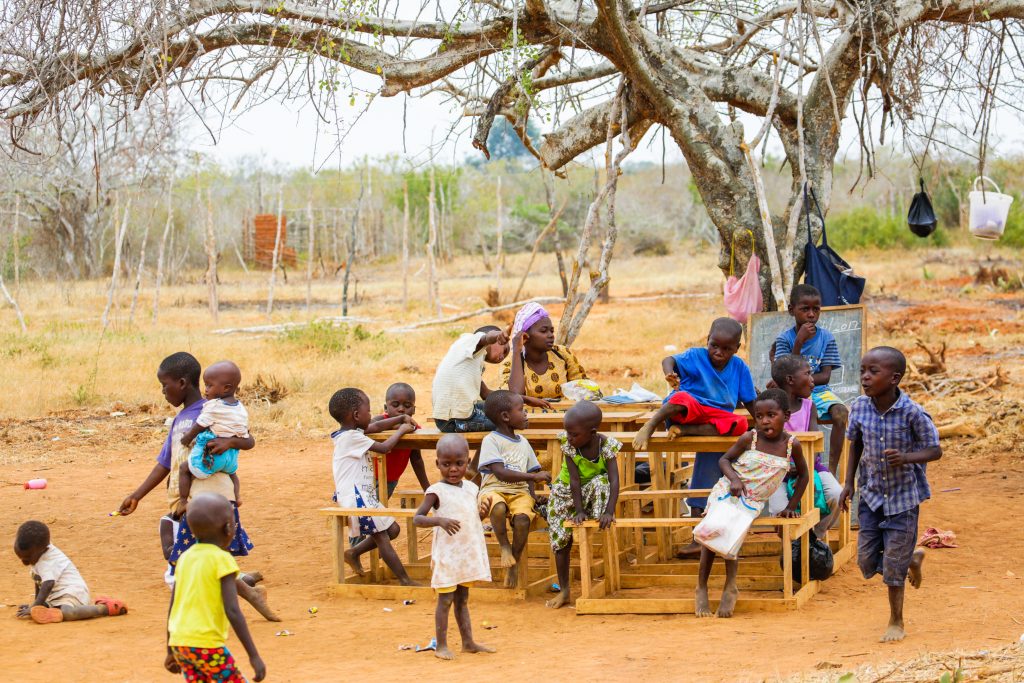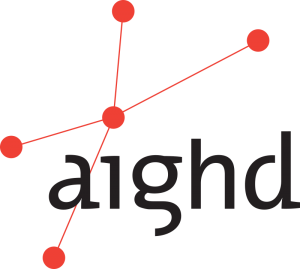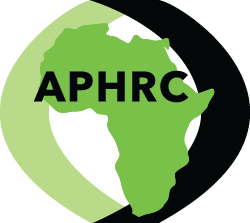Universal Health Coverage (UHC) ensures access to good-quality health services for all, with no financial hardship when accessing the needed services. Nevertheless, access to quality health services is marred by substantial resource shortages creating service delivery gaps in low- and middle-income countries (LMICs), including Kenya. People in LMICs often suffer from high out-of-pocket healthcare expenditures, which in turn, impedes access to quality health services. Saving for healthcare as well as enrolment in health insurance can improve access to healthcare by building capacities at all levels–individuals, families and communities. Despite various international efforts to improve maternal and child health globally, several low and middle-income countries, including Kenya, are struggling with low rates of maternal and child survival. In response to these challenges the Innovative Partnership for Universal Sustainable Healthcare (i-PUSH) program, developed by Amref Health Africa and PharmAccess Foundation (PAF), aims to empower low-income women of reproductive age and their families through innovative digital tools. i-PUSH fosters savings for health care through the mobile-phone based “health wallet”, it enhances enrolment in subsidized health insurance through the mobile platform M-TIBA – both developed by PAF, and it seeks to improve health knowledge and behavior through Community Health Volunteers (CHVs) who are trained using the LEAP tool–Amref’s mHealth platform. At the same time, the Government of Kenya is piloting the provision of free public health care in selected Counties.
The Financial and Health Diaries study consists of two streams in two counties in Western Kenya: Kakamega and Kisumu. The key focus of the research in Kakamega county is on the impact of the i-PUSH program. This is a cluster randomised controlled trial (RCT) study, following 240 households from 24 villages in Kakamega to capture their health, health knowledge, health-seeking behavior, health expenditures and enrolment in health insurance over time. In Kisumu county, 110 households in three sub-counties are tracked to investigate the effect of the free public care pilot as recently rolled out by the Kenyan government, which is also supported by PharmAccess’ M-TIBA platform.

The study is based on weekly Financial and Health Diaries interviews, collected over a period of one year (or more). Diaries data provide deep insights into a population’s key characteristics and health behavior along with their health financing strategies. This improved understanding will enable the program to target those most in need in a tailored manner. Also, the diaries allow introducing shorter research cycles and reporting results on a more frequent basis, enabling program managers to learn and take action for continuous improvements. The findings will inform stakeholders to formulate better strategies to ensure access to UHC in general, and for a highly vulnerable segment of the population in particular, including low-income mothers and their children.
Baseline data collection took place in October/November 2019 and Diaries interviews commenced in December 2019.
COVID-19
After the first COVID-19 case was detected in Kenya on 13 March 2020, physical household visits were suspended and the study switched from in-person to phone-based interviewing, relying on the built-up rapport and trust between respondents and enumerators. Since the diaries data have been collected since December 2019, the study provides a good and high-detail picture of pre-outbreak trends in terms of employment, income, consumption, health problems and healthcare utilization among the households in the sample. This set-up provides a unique opportunity to study the short- and medium-run effects of the COVID-19 outbreak and government response measures in a rural sample in Kenya with the potential to provide useful insights for policymakers in a very short time frame.

